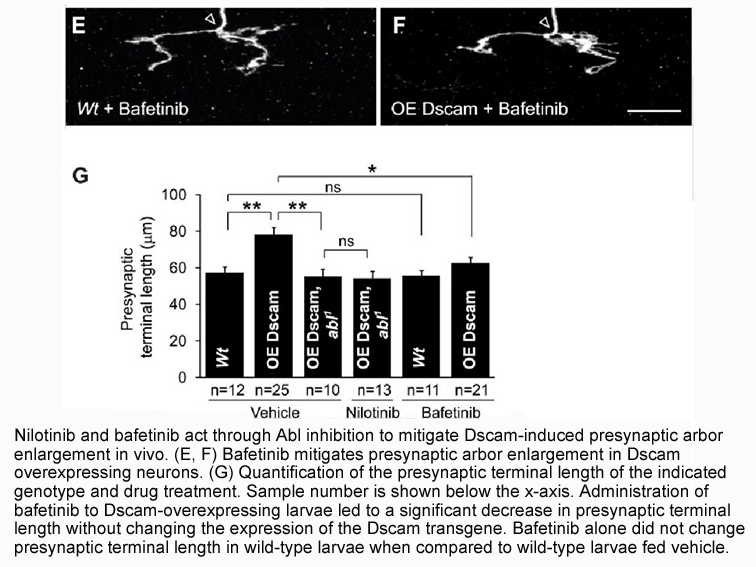Archives
The increasing complexity and demands of the proper diagnosi
The increasing complexity and demands of the proper diagnosis and management of patients with inherited cardiovascular disease create an opportunity for the development of specialized training for clinical electrophysiologists interested in the care of patients with inherited arrhythmias [229]. Such a specialty track would consolidate aspects of care involving indications and interpretation of genetic test results and pharmacological and device therapy.
The management of patients with inherited arrhythmias includes expert judgment regarding the indications, type and interpretation of genetic testing. In collaboration with a genetic counselor, patients and csf-1r should be properly prepared regarding expectations and outcomes of genetic testing. The role of genetic testing may vary depending upon the exact inherited arrhythmia being considered, and the particular mutation may have an impact on specific therapeutic recommendations. Arguably the most important part of the testing procedure is reviewing the test results and implications with patient and family, being prepared to discuss the implications for other family members, the meaning of variants of uncertain significance (VUS), mosaicism and issues related to paternity and consanguinity. The genetic counselor is an essential [228] and in some countries legally mandated provider in this aspect of the care of patients and families with suspected inherited arrhythmias.
Patients in an inherited arrhythmia clinic may be survivors of SCA. The management of the recovery of these patients from their index event may require the expertise of psychologists and psychiatrists and the intervention of physical and occupational therapists. Moreover, the diagnosis of an inherited disease of any kind, particularly one that carries with it the risk of significant morbidity and premature mortality, is often associated with significant emotional distress that at times will require referral of patients and families [230–236].
A structured inherited arrhythmia (or heart disease) clinic provides the platform for optimized, multidisciplinary evaluation and management of patients and families with suspected inherited heart disease. The collective efforts of the core staff and access to a variety of experts in related disciplines will result in improved quality of care [224,226,233,237–242], patient satisfaction [233], and improvement in appropriate use of diagnostic testing [196,209] and therapeutic intervention. The promise of such a clinic structure is lower overall cost and improvement in patient outcomes.
a variety of experts in related disciplines will result in improved quality of care [224,226,233,237–242], patient satisfaction [233], and improvement in appropriate use of diagnostic testing [196,209] and therapeutic intervention. The promise of such a clinic structure is lower overall cost and improvement in patient outcomes.
1. Introduction
This document does not address the indications of genetic testing in patients affected by inherited arrhythmias and their family members. Diagnostic, prognostic, and therapeutic implications of the results of genetic testing are also not included in this document because this topic has been covered by a recent publication coauthored by some of the contributors of this consensus document, and it remains the reference text on this topic. Guidance for the evaluation of patients with idiopathic ventricular fibrillation, sudden arrhythmic death syndrome, and sudden unexplained death in infancy, which includes genetic testing, are provided as these topics were not covered in the previous consensus statement.
Developing guidance for genetic diseases requires adaptation of the methodology adopted to prepare guidelines for clinical practice. Documents produced by other medical societies have acknowledged the need to define the criteria used to rank the strength of recommendation for genetic diseases.
3. Brugada Syndrome (BrS)
4. Catecholaminergic Polymorphic Ventricular Tachycardia (CPVT)
5. Short QT Syndrome (SQTS)
6. Early Repolarization (ER)
7. Progressive Cardiac Conduction Disease (PCCD)
8. Unexplained Cardiac Arrest: Idiopathic VF
9. Unexplained Sudden Cardiac Death: Sudden Unexplained Death Syndrome (SUDS) and Sudden Unexplained Death in Infancy (SUDI)